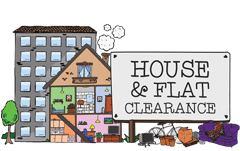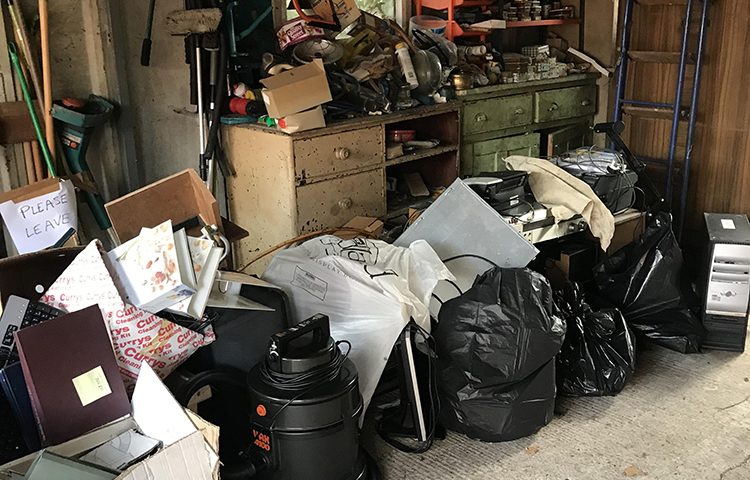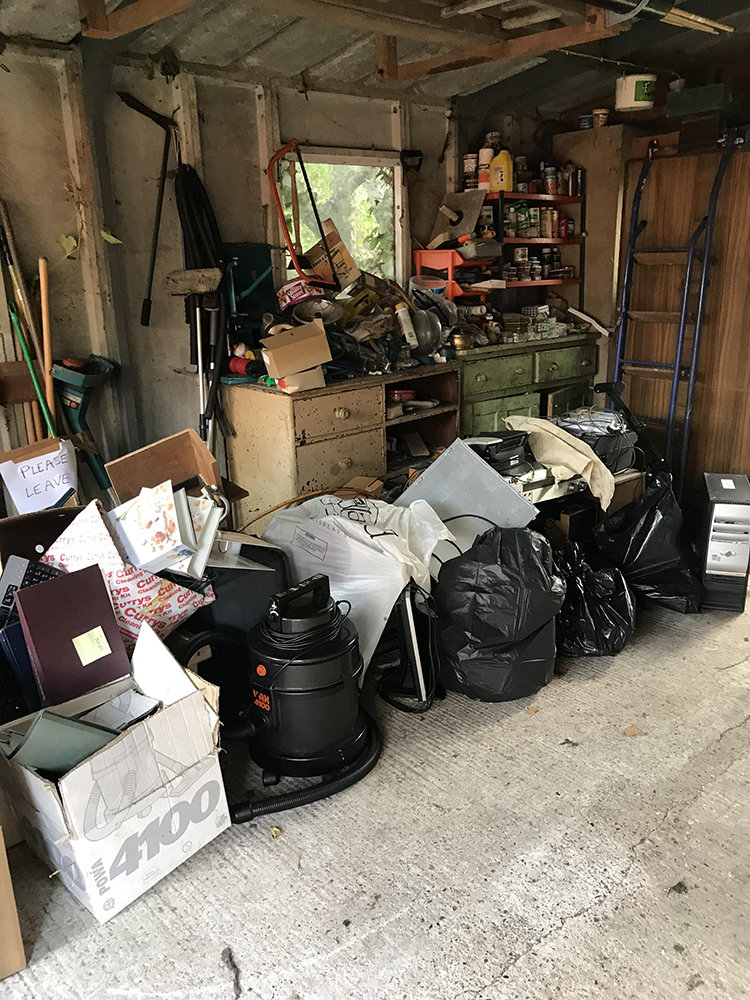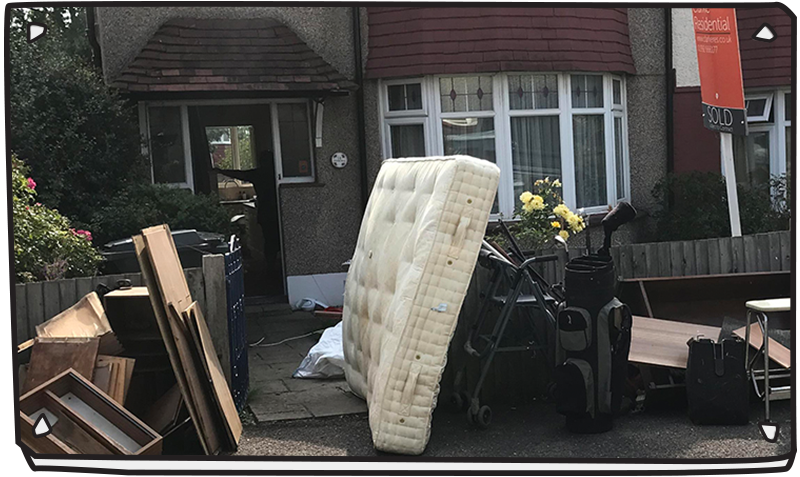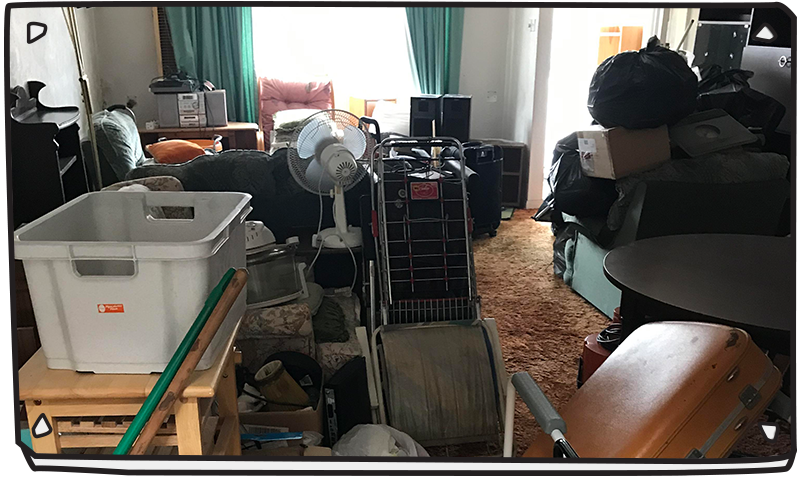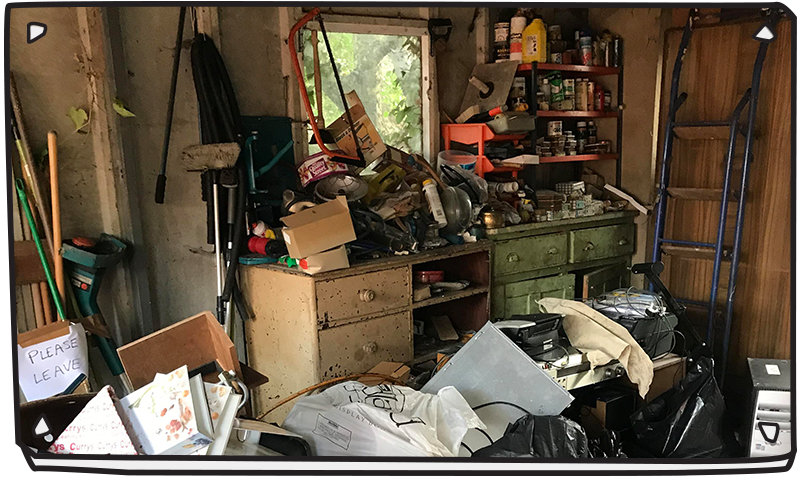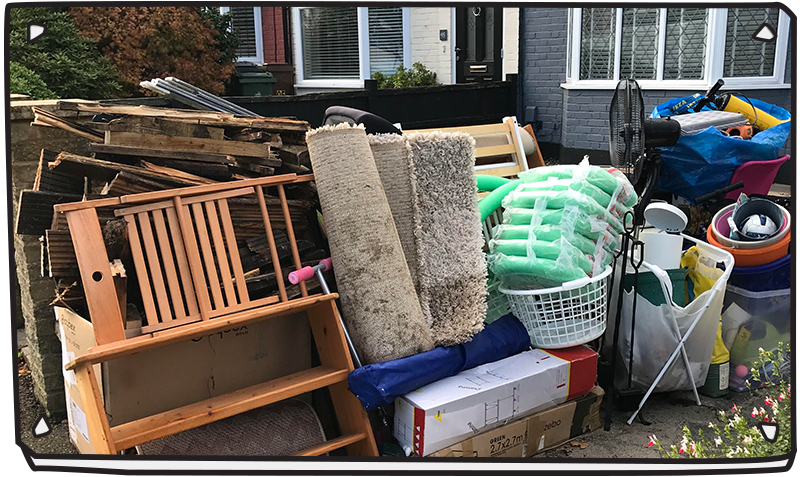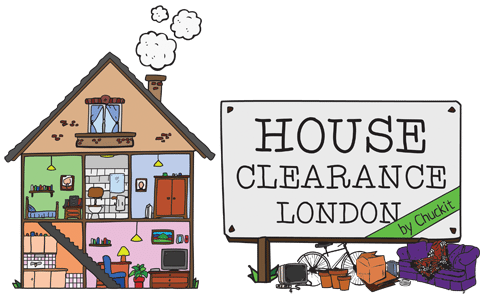UK businesses are encouraged to mark their products and product packaging with a label that specifies if and how an item can be recycled. Not all items will have these symbols, but they are becoming much more common. If you see a green logo featuring a circular arrow, then it means the item can be recycled.
This icon may have additional instructions on how to prepare the item, asking you to wash it before disposal or to take the lid off. In some cases, it may ask you to remove a plastic sleeve, which must be discarded before recycling.
This guide shares all of the icons that are commonly used. If the object doesn’t have a label, refer to the instructions below.
Plastics make up a large proportion of the material that is sent to recycling centres. Although every plastic can be recycled, some types of plastic are extremely difficult to process and will not be accepted by UK recycling centres.
As a result, consumers must learn which types of plastic can go into the recycling bin and which should be thrown in with the rubbish. Fortunately, the UK has a number system which makes it easier to understand which items are safe to recycle.
In most cases, you can immediately recycle these plastic items:
They are usually made from PET or HDPE, which can be recycled very easily.
For other types of items, you will need to check the ‘plastic resin code’ printed on the bottom of the object. This symbol features three looped arrows and a number. There are seven numbers used, which represent the following plastics:
Although you might be thinking this is all too difficult to remember, you will quickly get a sense of what each type of plastic looks and feels like.
If you are unsure if a plastic is safe to recycle, ask for advice or throw it into a rubbish bin. If you place many unsuitable objects into a load of recycling, it may contaminate the entire load, forcing the facility to discard it.
The vast majority of paper and cardboard items are recyclable. You can immediately recycle:
However there are certain paper items which should not be recycled. Most of these items are either coated in another non-recyclable material. For example, you cannot recycle:
Pure glass is 100% recyclable and can be recycled indefinitely. This makes it one of the world’s most sustainable products. Glass used in the following products can be recycled:
However, it’s important to note that certain types of glass cannot be recycled. For example, none of the following should be recycled:
These items contain additives which affect the melting point of glass, interfering with the recycling process.
Virtually all metal items can be recycled, including iron, copper, steel, zinc, aluminium and lead. Some common household items which can be recycled for metal include:
Just make sure any drink or food containers are clean before you put them out for recycling. Metallic plastic film, which is often used on chocolate bars, cannot be recycled.
Thanks for reading. If you need any more information on recycling or require a waste pickup in London, give us a call on 0800 612 9477 or 07725 233178.
